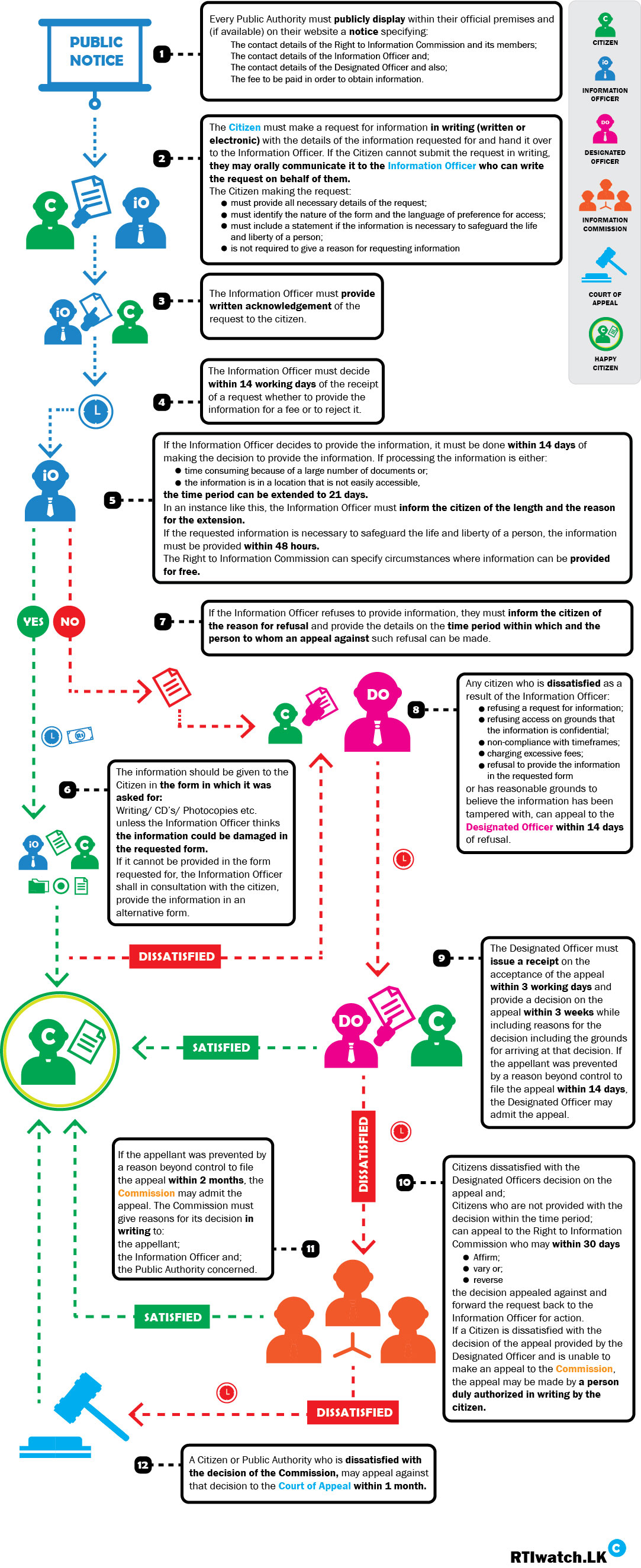online pharmacy buy spiriva inhaler with best prices today in the USA
buy naprosyn online https://www.indcheminternational.com/wp-content/uploads/2022/08/png/naprosyn.html no prescription pharmacy
The ministry said they are working closely with the RTI Commission, which is vested with wide powers under the Act, such as to hear appeals, institute action against alleged offenders, and prescribe guidelines on record management and proactive disclosure. In spite of these developments, Transparency International Sri Lanka says the people remain largely uninformed of the right they now enjoy, and of how it may be used. “The responsibility cast on the people with this right – to truly take ownership of it and use it as a tool in their day-to-day lives – is also overlooked,” the organization said.
buy zoloft online https://www.indcheminternational.com/wp-content/uploads/2022/08/png/zoloft.html no prescription pharmacy
“The role of the government in demystifying RTI for the people is of paramount importance for its success.” The RTI law is unique in several ways. It overrides all other written law, where there may be contradiction, and all information can be revealed if the greater public interest is served by disclosure of information.
online pharmacy buy diflucan with best prices today in the USA
This applies even where the information sought could potentially fall within exceptions in the law. Transparency International is filing several public interest RTI requests today at the relevant public authorities, seeking information pertinent to open government – including the assets and liability declarations of the President and the Prime Minister.
online pharmacy buy abilify with best prices today in the USA
The public authorities then become liable to respond to these requests within the specified timelines, subject to a maximum of 28 days. The Right to Information Commission is vested with a wide array of powers and is primarily responsible for ensuring that the Right to information can be enjoyed by any citizen without hindrance.
buy priligy online https://www.indcheminternational.com/wp-content/uploads/2022/08/png/priligy.html no prescription pharmacy
The commission is the body consisting of 5 persons that are recognized for their knowledge, experience and expertise in the fields of governance, public administration, social services, journalism, science and technology or management. The current members of the RTI Commission are Mahinda Gammanpila, Kishali Pinto-Jayawardena, S. G Punchihewa, Judge A. W. A. Salam and Dr. Selvy Thiruchandran . As per the relevant gazette notification, RTI Act will be enforced in relation to following public authorities. (a) a Ministry of the Government; (b) any body or office created or established by or under the Constitution, any written law, other than the Companies Act, No. 7 of 2007, except to the extent specified in paragraph (e), or a statute of a Provincial Council; (c) a Government Department; (d) a public corporation; (e) a company incorporated under the Companies Act, No. 7 of 2007, in which the State, or a public corporation or the State and a public corporation together hold twenty five per centum or more of the shares or otherwise has a controlling interest; (f) a local authority; (g) a private entity or organisation which is carrying out a statutory or public function or service, under a contract, a partnership, an agreement or a license from the government or its agencies or from a local body, but only to the extent of activities covered by that statutory or public function or service; (h) any department or other authority or institution established or created by a Provincial Council; (i) non-governmental organisations that are substantially funded by the government or any department or other authority established or created by a Provincial Council or by a foreign government or international organisation, rendering a service to the public in so far as the information sought relates to the service that is rendered to the public; (j) higher educational institutions including private universities and professional institutions which are established, recognised or licensed under any written law or funded, wholly or partly, by the State or a public corporation or any statutory body established or created by a statute of a Provincial Council; (k) private educational institutions including institutions offering vocational or technical education which are established, recognised or licensed under any written law or funded, wholly or partly, by the State or a public corporation or any statutory body established or created by a statute of a Provincial Council; (l) all courts, tribunals and institutions created and established for the administration of justice; RTI Process of Gaining Access to Information

